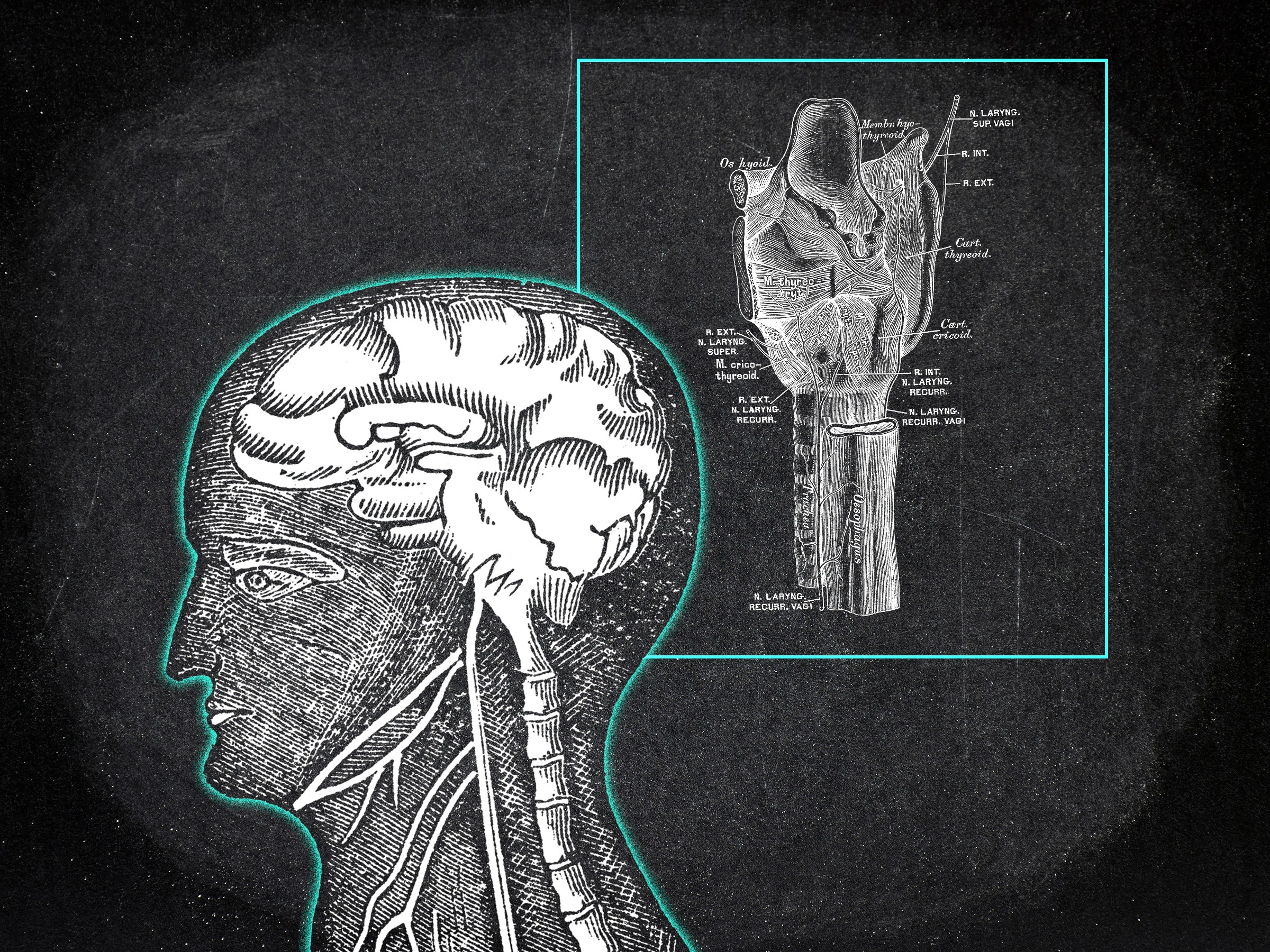The Vagus Nerve’s Crucial Role in Creating the Human Sense of Mind
The vagus nerve is one of the most important nerves in the human body, playing a crucial role in the regulation of many bodily functions. It is the longest of the cranial nerves, extending from the brainstem to the abdomen, and is a vital part of the autonomic nervous system.
One of the most fascinating aspects of the vagus nerve is its connection to the brain and its role in creating the human sense of mind. This nerve is responsible for transmitting information between the brain and the body, allowing us to perceive and interpret the world around us.
Studies have shown that the vagus nerve plays a key role in regulating emotions, memory, and even social interactions. It is often referred to as the “wandering nerve” because of its ability to innervate many different organs and systems in the body.
Furthermore, the vagus nerve is closely linked to the parasympathetic nervous system, which controls rest and digest functions in the body. This connection helps to regulate heart rate, breathing, digestion, and even immune response.
Recent research has also suggested that the vagus nerve may play a role in mental health, with some studies showing a link between vagus nerve activity and conditions such as depression, anxiety, and PTSD.
In conclusion, the vagus nerve is a complex and multifaceted part of the human body that plays a crucial role in creating our sense of mind. Its intricate connections with the brain and body allow us to experience the world around us and regulate our emotions and behaviors.
